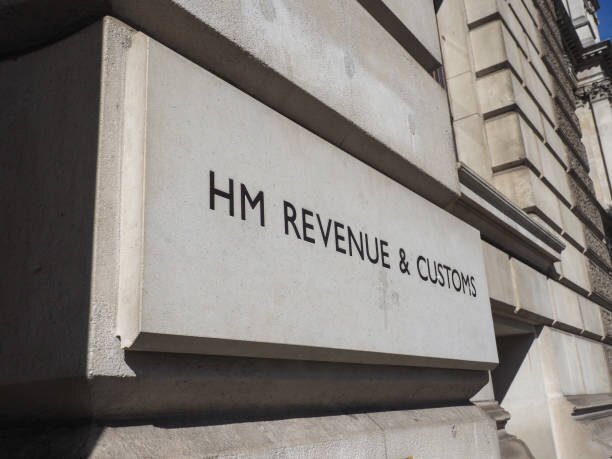Tribunal blocks HMRC appeal in BGC Services case
The First-tier Tribunal (FTT) has dealt a blow to HM Revenue & Customs (HMRC) by refusing its application for permission to appeal in its dispute with BGC Services Holdings LLP. The case centres on whether HMRC provided sufficient detail in its tax determinations, which the tribunal found had been issued without adequate explanation.
The decision highlights the importance of procedural fairness in tax disputes, with judges making clear that HMRC must set out the legal and factual basis of its claims before requiring taxpayers to defend themselves.
Background to the Dispute
The case, BGC Services Holdings LLP v HMRC [2025] UKFTT 700 (TC), arose after HMRC issued determinations to BGC Services under the Salaried Member Rules, a set of anti-avoidance provisions introduced in 2014. These rules aim to ensure that members of LLPs who work in practice more like employees are taxed as such.
BGC Services challenged the determinations, arguing that HMRC had not provided sufficient reasoning for the liabilities assessed. The tribunal agreed, finding that HMRC must give proper particulars of its case before the matter can proceed.
HMRC’s Application for Further Particulars
HMRC attempted to require BGC to provide more detail about its grounds of appeal. The tribunal rejected this approach, ruling that the burden lay with HMRC to explain why the determinations had been made. Simply demanding more from the taxpayer without first setting out its own position was not enough.
This procedural decision reinforced the principle that taxpayers should be able to understand the basis of HMRC’s assessments, particularly where significant sums are in dispute.
The Statement of Case Issue
When HMRC filed its Statement of Case, BGC argued that it still failed to properly explain the authority’s reasoning. The tribunal agreed and required HMRC to particularise its case further. This ruling effectively prevented the dispute from moving forward until HMRC clarified its position.

Appeal Refused
HMRC then applied for permission to appeal both case management rulings. The tribunal refused, stating there were no errors of law and that the appeal had “no reasonable prospect of success.” Without providing a fuller explanation of its determinations, HMRC cannot push the matter to a substantive hearing.
Implications for Tax Disputes
The ruling is significant for other taxpayers because it reinforces the expectation that HMRC must be transparent when issuing tax determinations. Legal commentators say the decision may discourage the authority from issuing “bare” assessments without supporting detail, a practice that has long been criticised.
What Happens Next
Although the FTT refused HMRC’s application, the tax authority could still seek permission directly from the Upper Tribunal. Whether such a move would succeed remains uncertain, given the tribunal’s firm stance. For now, the decision serves as a reminder that HMRC is subject to the same standards of clarity and accountability it demands from taxpayers.

Final Summary
At Pie, we know tax disputes can feel daunting, especially when HMRC is involved. Our job is to make sense of the complex and give you clarity, confidence, and control so you always know where you stand.
The refusal of HMRC’s appeal in BGC Services Holdings LLP v HMRC represents a setback for the tax authority in its pursuit of partnership tax liabilities under the Salaried Member Rules. While HMRC may still attempt to escalate the matter, the FTT’s ruling underlines a broader judicial expectation: assessments must be reasoned, transparent, and properly particularised.
For taxpayers, this outcome provides reassurance that tribunals will hold HMRC to account for procedural fairness, ensuring disputes are fought on a clear and equal footing.











